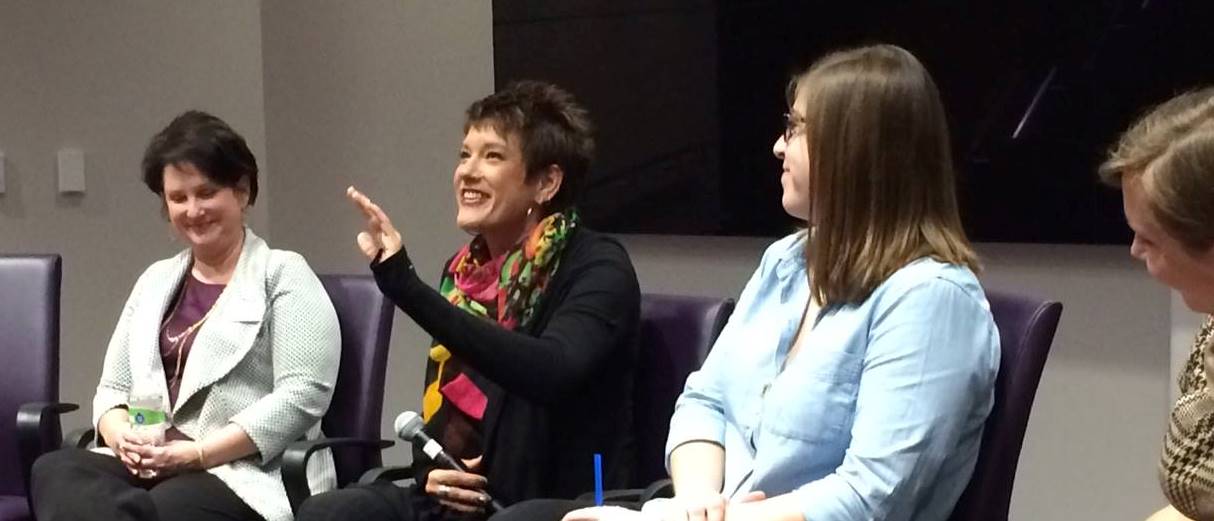The last few weeks, leading up to Brett Kavanaugh’s confirmation as a Supreme Court justice on Saturday, brought out a number of disturbing stories about his time at Georgetown Prep and Yale University. Here are a handful of books that examine the problems and the possibilities of similar elite institutions.

E. Lockhart’s 2008 novel The Disreputable History of Frankie Landau-Banks opens with a memo to the Headmaster of Alabaster Prep, the co-ed school that its titular character, Frankie Landau-Banks, Class of 2010, attends: “I, Frankie Landau-Banks, hereby confess that I was the sole mastermind behind the mal-doings of the Loyal Order of the Basset Hounds.” As Frankie explains, “I see that my behavior disrupted the smooth running of your patriarchal establishment,” but she advocates for those disruptions as “the creative civil disobedience of students who are politically aware and artistically expressive.” In the pages that follow, we back-track in time to her arrival at Alabaster Prep, her discovery of the school’s patriarchal legacies, and her successful undercover efforts to take down the system from within. Find some inspiration for your own activism in this coming-of-age story which earned a number of awards and honors, including as a National Book Award finalist and Printz Award Honor Book.
— Karin Westman, Department Head and Associate Professor

In the Historia calamitatum (Story of my misfortunes), 12-century scholar Peter Abelard describes tutoring the wise young woman, Heloise: “Her studies allowed us to withdraw in private, as love desired, and then with our books open before us, more words of love than of our reading passed between us, and more kissing than teaching.” When Heloise’s guardian discovers the affair, he and his henchmen castrate Abelard. The story makes for a terrific gothic pot-boiler and also chronicles the birth of the university. Abelard, after all, was one of the learned men whose reputations led to the founding of the University of Paris, proving that Western institutions of higher learning are intimately bound up in sexual misadventures, which in the Middle Ages, at least, could have real consequences.
— Wendy Matlock, Associate Professor
 The Catcher in the Rye is the quintessential prep-school read: Holden Caulfield rails against the phoniness, the conformity, and the vacuity of his classmates while yearning for the innocence of paradise lost. The “yearbook handsome guys” like Stradlater, parroting sincere-sounding phrases to “snow” their dates, embrace their elite destiny. But Holden, though he is both envious and judgmental, cannot find pleasure in the empty exercise of privilege. Searching for meaning beyond mere success, he sets out on a quest for alternatives. Quote of the hour: “The thing is, most of the time when you’re coming pretty close to doing it with a girl – a girl that isn’t a prostitute or anything, I mean – she keeps telling you to stop. The trouble with me is, I stop. Most guys don’t. I can’t help it. You never know whether they really want you to stop, or whether they’re just scared as hell, or whether they’re just telling you to stop so that if you do go through with it, the blame’ll be on you, not them. Anyway, I keep stopping.”
The Catcher in the Rye is the quintessential prep-school read: Holden Caulfield rails against the phoniness, the conformity, and the vacuity of his classmates while yearning for the innocence of paradise lost. The “yearbook handsome guys” like Stradlater, parroting sincere-sounding phrases to “snow” their dates, embrace their elite destiny. But Holden, though he is both envious and judgmental, cannot find pleasure in the empty exercise of privilege. Searching for meaning beyond mere success, he sets out on a quest for alternatives. Quote of the hour: “The thing is, most of the time when you’re coming pretty close to doing it with a girl – a girl that isn’t a prostitute or anything, I mean – she keeps telling you to stop. The trouble with me is, I stop. Most guys don’t. I can’t help it. You never know whether they really want you to stop, or whether they’re just scared as hell, or whether they’re just telling you to stop so that if you do go through with it, the blame’ll be on you, not them. Anyway, I keep stopping.”
— Naomi Wood, Professor

John Knowles’ A Separate Peace, a National Book Award finalist in 1961, remains a classic coming of age novel that explores betrayal, rivalries, and (spoiler alert!) catastrophic falls from great heights. It’s set at a prep school loosely based on Phillips Exeter Academy, which Knowles attended. Throughout the novel, Gene, the narrator, comes to grips with his personal failures and his acts of teen aggression, and he makes a variety of poignant insights about friendship and morality. One of those epiphanies might help us all navigate the politics of 2018: “It was only long after that I recognized sarcasm as the protest of those who are weak.”
— Dan Hoyt, Professor
